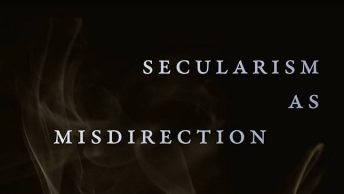In this piece in today’s Hindu I discuss the need for more legal infrastructure to tackle implementation failures in social welfare policy in India, building off the idea of the proposed district grievance redressal officers in the NAC’s note on its draft National Food Security Bill. The core of my argument is that I think strong independent prosecutors are necessary, creating essentially a fourth branch of government that is a watchdog implementer. I end by saying that it is unlikely this branch will be as uniformly coherent as something like the Ministerio Publico system in Brazil, but instead be more of a patchwork of agencies. These will grow out of reforms of current watchdog agencies like the Lokayuktas and the development of new agencies on a more ad hoc basis to fill pressing implementation failure gaps, like the proposed district grievance redressal officers. However, policymakers and others should keep certain core principles in mind when creating or reforming such offices. I outline a couple of these principles that I believe are pertinent to current debates, but I think there is much work that still needs to be done to refine and understand what these principles should be for agencies in this emerging fourth branch.





